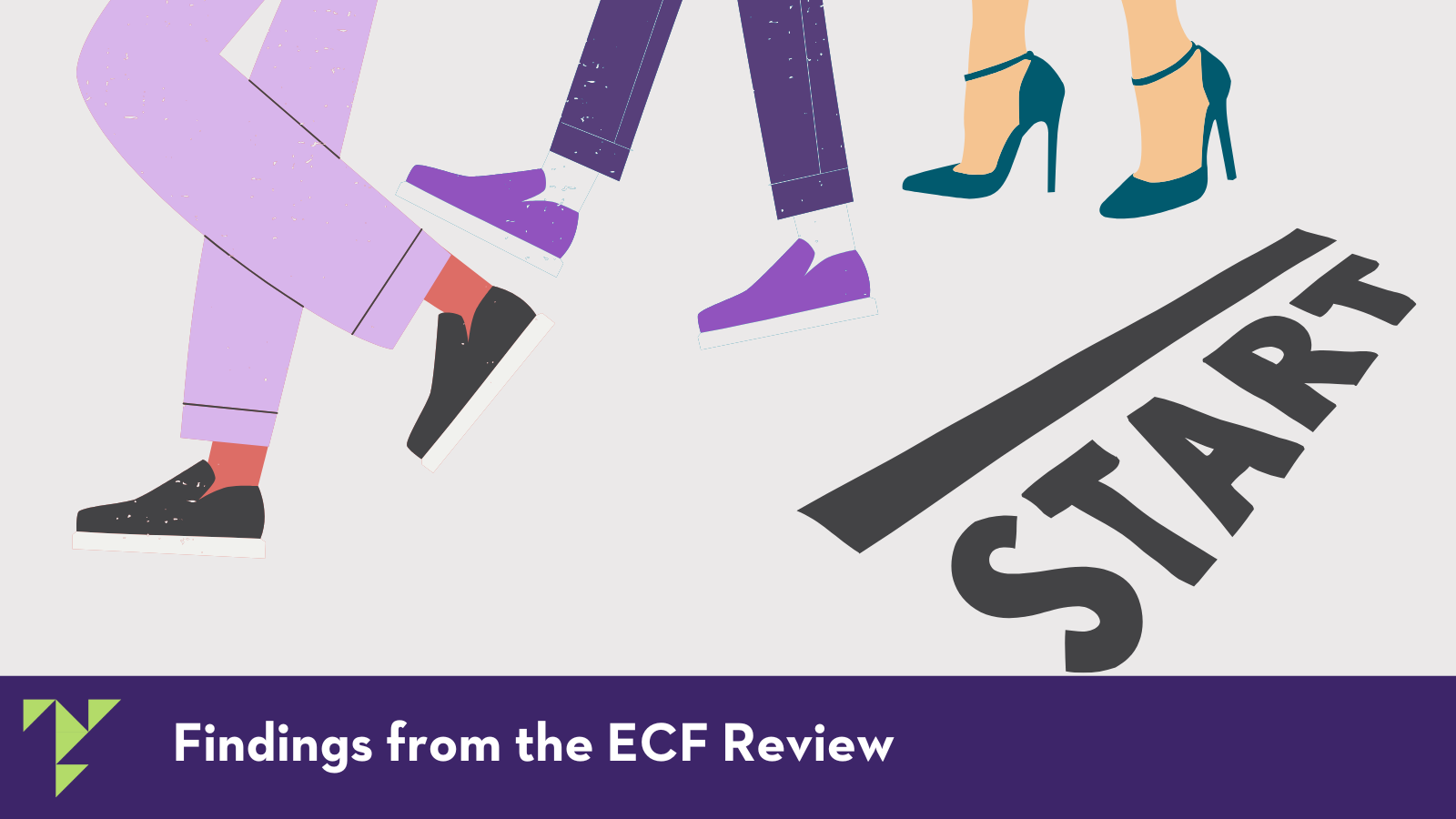TDT’s newly published exploratory study, gratefully enabled by funding from the Gatsby Foundation, led by Professor Sam Twiselton and supported by Nansi Ellis, explores how England’s flagship Early Career Framework (ECF) programme for new teachers might be enhanced in terms of flexibility, subject focus, and sustainable capacity building.
Read Full Report
Introduced in 2019 amidst concerns over high early career teacher dropout rates, the ECF rollout has seen encouraging initial success. Thousands of teachers have now completed the framework.
However, as a new initiative, optimisation opportunities have emerged which this exploratory study aimed to collate, scrutinise, test and build into clear recommendations to policymakers interested in assuring sustained impact of this initiative.
Together with external experts and partners, including researchers at Sheffield Hallam University, the study team reviewed literature and gathered stakeholder perspectives on expanding ECF subject specialisation, customising prescribed elements, facilitating ongoing development, and codifying effective mentor support.
Exploring these key themes, the report aims to inform continuous improvement efforts by future government and can be considered in relation to TDT’s recently published, A Professional Expectation: Improving access to CPD for teachers and school leaders.
Grounded in the TDT’s understanding of conditions in schools which enable retention and professional agency, the study explores and makes recommendations in the following areas:
1. The Need to Enhance Mentor Support
Mentor relationships are invaluable but constrained by limited capacity. Enhancing subject-specific mentoring content, building specialist mentor expertise, establishing cross-school mentor networks, and adopting structured programmes could all contribute. Funding protected time along with career progression incentives would help unlock mentoring’s full potential.

2. Customisation Opportunities
The ECF content sequencing could allow more tailored delivery to avoid repetition, facilitate application to teachers’ unique contexts, help mentors respond to needs and deepen professional learning. This must balance expert-designed structure, manageable workloads and consistency.
3. Strengthening Subject-Specific Elements
Subject-specific pedagogical content, expert communities facilitating teacher access and collaboration, phase-specific focus adjusting for early years and primary settings, and positioning subject leaders to enable ECF subject support would all strengthen application of ECT learning.
4. Enabling School Leadership
Senior leader support proves vital for impactful ECF delivery, yet compressed capacity, administrative burdens and cramped timetables pose risks to retention in this group. Protected leadership time funding, ECF knowledge built into leadership programmes, and judicious flexibility easing school oversight demands could mitigate this.
5. Align Standards and Policy Initiatives
Updating the Teachers’ Standards to reflect ECF and other CPD developments would enable greater coherence across the professional development ecosystem. This could enhance trust in participants to tailor learning while ensuring rigour.

The Path Ahead
Underpinning the study are principles recognising ECF participants as developing professionals to be empowered with trust, autonomy and supported wellbeing. Recommendations promote agency, flexibility and intrinsic motivation within structured parameters. This aligns with TDT’s mission to strengthen the wider CPD landscape so as to build capacity and enable climates and cultures of development which support our schools long into the future.
The team conclude that supportive policymaking must reinforce professional expertise. The path ahead necessitates collaboration, balancing structure with autonomy to foster the retention of passionate teachers who are supported and equipped to thrive.
As a short-term exploratory study, findings are provisory. The study’s focus on content, delivery and capability building means examining wider mechanisms of ECF funding, governance, and impact on pupil experience remains outside the scope at this stage.
Download pdf


